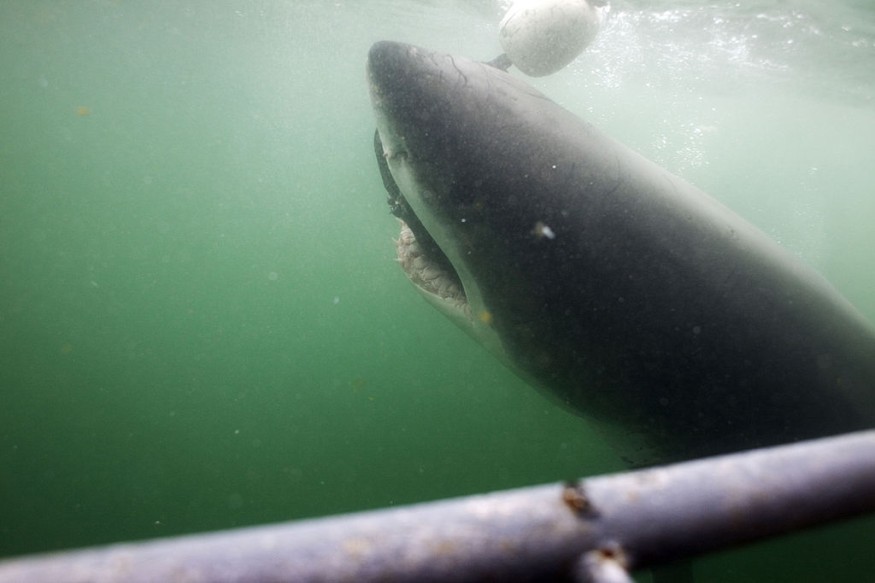Researchers have noted that sharks are becoming increasingly uncommon along the border of South Africa, wherein they normally cluster. The unexpected absence was originally attributed to human action, notably overfishing.
Orca Attacks Pose Threat to Great White Sharks

Science Alert covered the story upon the great white (Carcharodon carcharias) which are commonly recognized as being among the sea's large carnivores due to its compact form ideal for foraging, keen fangs, and notoriety for liking human meat. That is correct - yet there is one that perhaps the great white dread.
As per recent study posted under the African Journal of Marine Science nowadays has established the actual underlying cause: a couple of orcas chasing sharks and gobbling their tasty, healthy, vitamin-rich hepatocytes.
The orcas are pursuing relied great white sharks, that can have a detrimental effect on an existing fragile shark community because to their sluggish development and late-maturing survival approach.
Employing long-term observation and collecting information from labeled sharks, a group of researchers led by Dyer Island Conservation Trust aquatic researcher Alison Towner discovered that orcas are the rationale sharks are beginning to forsake what seemed to be among of their top choices, as per The Royal Society Publishing.
In the disappearance of great white sharks, copper sharks (Carcharhinus brachyurus) are filling the environmental void. Additional research has shown that the sight of orcas can effectively deter great white sharks offshore.
Furthermore, UICN revealed that eight great white sharks reportedly come up at Gansbaai since 2017, seven of them lacking livers (and some without hearts) - the hallmark of an orca assault.
Conversely, stability is vital in coastal environment; for instance, without great white sharks limiting Cape fur seal conduct, the markings can prompt on threatened species African penguins or contend for the tiny cetaceans they intake, which are encroached on by the great whites; with no great whites approximately, orcas search the coppers alternatively.
Also read : Viruses from Mosquito Bites Could Alter Your Body Odor to be More Attractive to Mosquitoes
The Diminishing Population of Great White Shark
Briefly, solitary great white sharks hardly emerge for extended periods of time, after an orca assault in Gansbaai. Exactly twice previously, great white sharks were reported missing for a week or longer at Gansbaai. Records commenced: one week in 2007, and three weeks in 2017.
The greater the number of orcas that visit these areas, the lengthier the great white sharks steer clear. Researchers suggest in unpublished research those certain orcas are adjusting to selectively target sharks, possibly in reaction to dwindling populations of their favorite food.
To sum it up, albeit this is merely a theory for the time being, there is merely so much strain an environment can withstand, and the consequences of orcas eradicating sharks are expected to be far-reaching. The scientists monitored 14 GPS-tagged sharks as they departed the region when orcas were there throughout the duration of 5 years.
For quite a while, the coastal hamlet of Gansbaai on the South African peninsula was a shark-spotting hotspot - so densely packed with the creatures that adjacent Dyer Island is called the globe's great white shark headquarters, the T&F Newsroom reported.
It's definitely interesting thinking about why orcas would be targeting sharks. Occurrences of great white sharks are likewise much lower in numerous bays.
© 2025 NatureWorldNews.com All rights reserved. Do not reproduce without permission.





